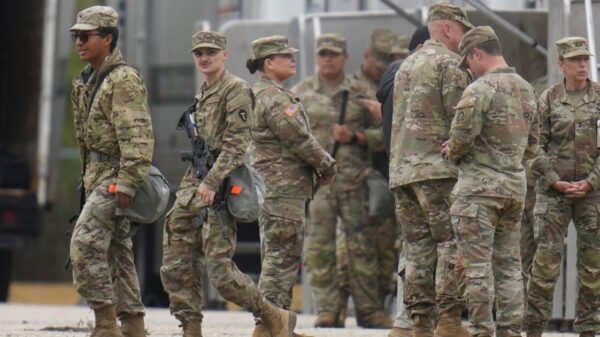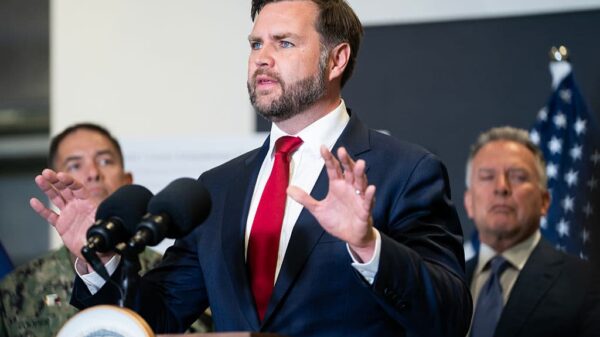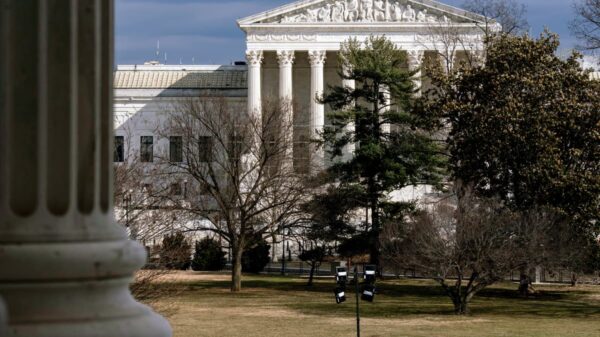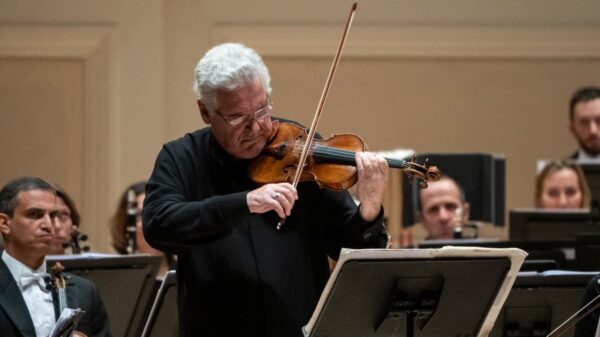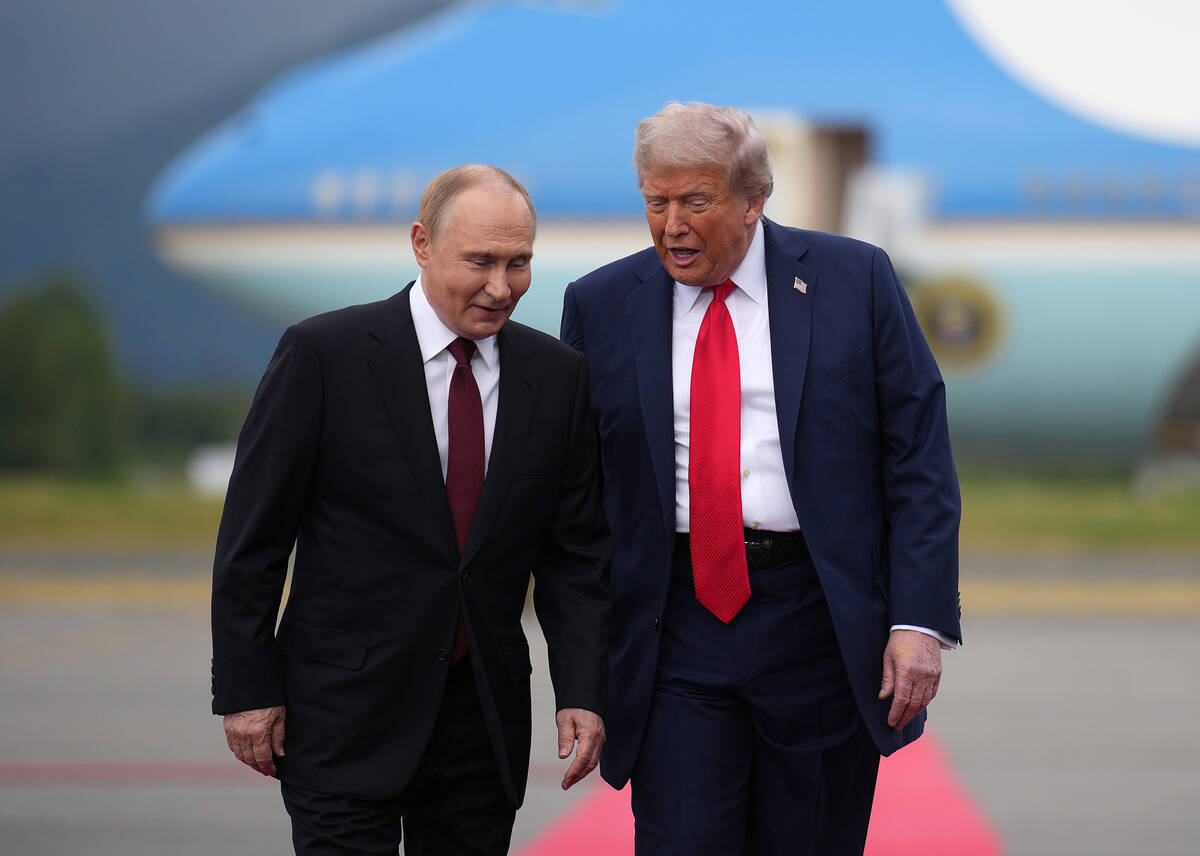A recent summit in Alaska between Donald Trump and Vladimir Putin has ignited widespread criticism regarding the United States’ approach to foreign policy and its commitment to democratic allies. Observers have raised concerns over Trump’s apparent endorsement of aggressive tactics against sovereign states, which some see as a departure from established U.S. principles.
During the summit, Trump rolled out a red carpet for Putin, signaling a welcoming relationship with a leader accused of numerous human rights violations. Critics argue that this meeting came at the expense of Ukraine, which has been valiantly defending itself against Russian aggression. The United States’ decision to engage with Putin while seemingly sidelining Ukraine has left many questioning the administration’s priorities and strategy.
Concerns Over U.S. Commitment to Allies
The press coverage surrounding the summit has largely focused on potential outcomes for Ukraine, including suggestions to negotiate “security assurances” and the possibility of maintaining NATO membership. However, many commentators have noted a lack of emphasis on the implications of Trump’s appeasement. The discussions did not sufficiently address how these negotiations might affect Ukraine’s sovereignty or the consequences of failing to uphold commitments made by the U.S.
Critics point to Trump’s previous statements, where he vowed to impose severe consequences for Russian aggression. With the absence of a clear policy to confront Russia or offer substantial military aid to Ukraine, questions have arisen about the administration’s stance. The sentiment that “it’s up to Zelenskyy” is viewed as a deflection of responsibility from the U.S. presidency to the Ukrainian leadership.
Historical Context and Political Reactions
The reaction from the Republican Party has been strikingly muted compared to past criticisms of former President Barack Obama. When Obama chose not to intervene militarily in Syria after the use of chemical weapons, many Republicans condemned his approach as weak. In contrast, Trump’s summit with Putin has not elicited the same level of outcry, raising concerns about the party’s consistency in advocating for a strong U.S. foreign policy.
The criticism of Trump’s approach raises significant questions about the future of U.S. engagement in global conflicts. Observers argue that the historical commitment to defending democracy appears compromised under current leadership, as the administration’s focus seems to prioritize personal diplomacy over strategic interests.
As the situation unfolds, the implications of this summit will be closely monitored by international observers and allies alike. The effectiveness of U.S. foreign policy in promoting democracy and countering authoritarianism hangs in the balance, with many looking for a renewed commitment to principles that have historically defined American leadership on the global stage.


